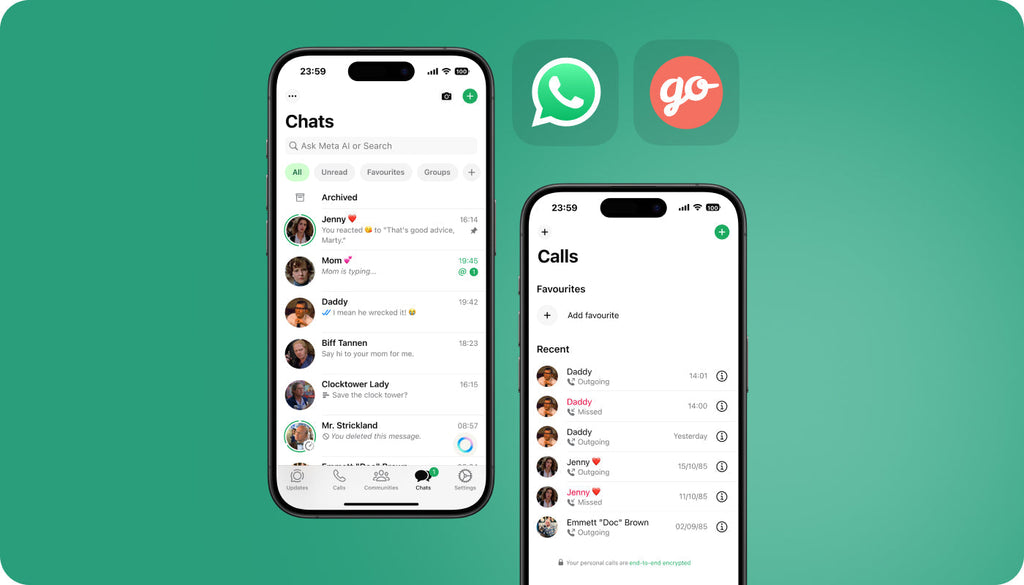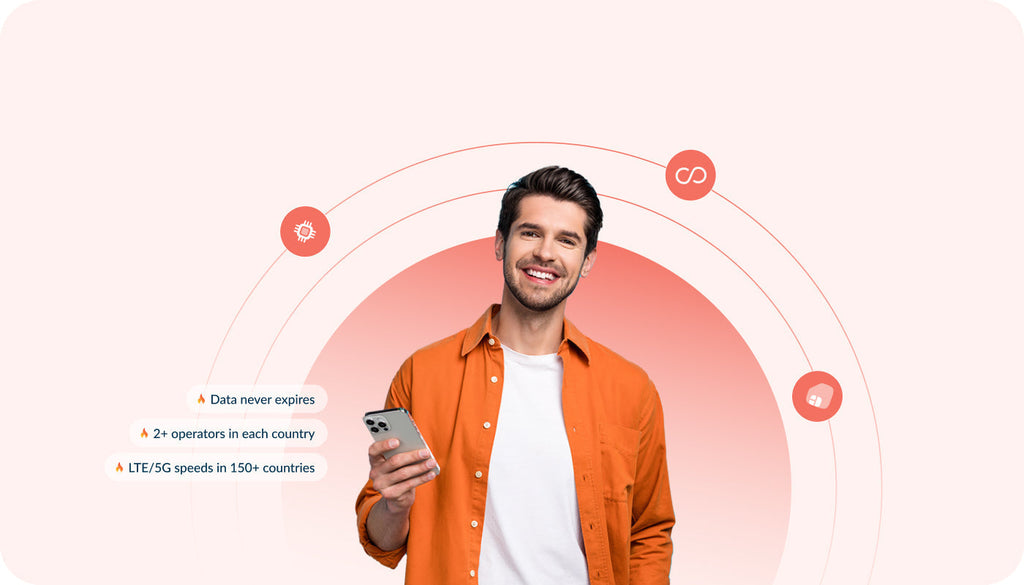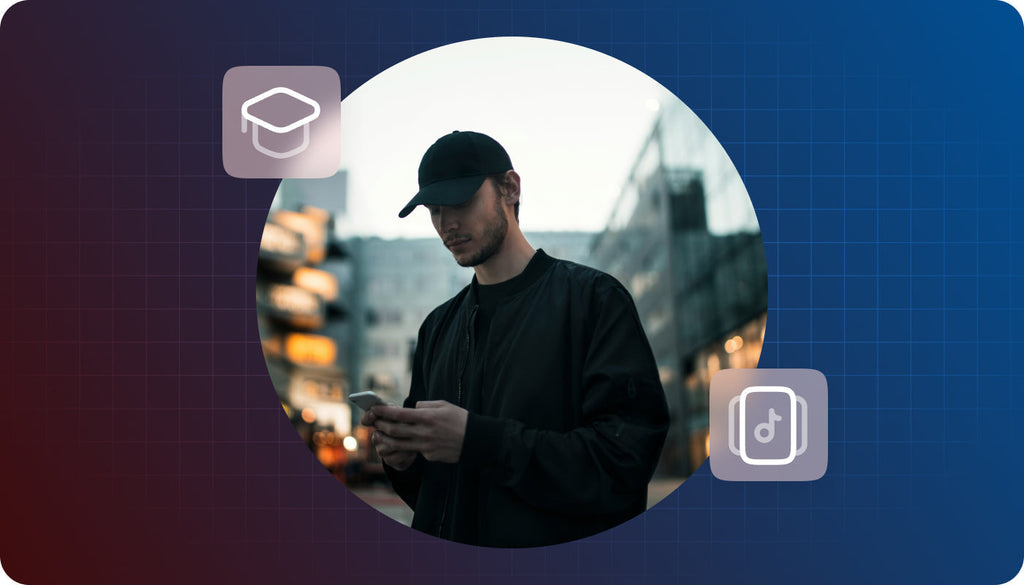Identity Theft Risks for Travelers & Ways to Avoid It
What is Identity Theft?
Identity theft is a grave problem for people around the world, but it is an especially serious issue for international travelers. Defined as stealing someone's identity through their name, credit card number or other personal information, identity theft affects millions of people each year. Restoring a stolen identity can cost thousands of dollars and hundreds of hours in lost productivity. Understanding how identities are stolen, the ways they are used, and the ways you can protect yourself against it are important lessons every traveler should know.
How Prevalent is Identity Theft?
According to Statistic Brain, over 12 million Americans have their identities stolen every year, averaging a loss of $5,000. This adds up to 7 percent of the US adult population. Identity theft is consistently a top consumer complaint for the Federal Trade Commission, and it accounts for a $1.6 billion loss annually. 15 percent of identity theft is caused by the misuse of personal information- the main way fraud occurs over the internet. In recent years this problem has only gotten worse due to the enormous increase of unsecured wireless networks in public spaces and the infiltration of Bluetooth technology capable of hacking smartphones.
How Vulnerable are Travelers to Identity Theft?
Travelers are especially vulnerable to identity theft for many reasons. First, traveling often necessitates carrying sensitive documents like passports everywhere one goes, increasing the risk of them getting stolen. Second, travelers outside their home country are usually unable to use their smartphones for data and instead rely on insecure internet sources in public places, making their personal data vulnerable to theft. A 2015 survey reported that 13 percent of international travelers experienced identity theft while abroad.
The theft of a traveler's identity can have consequences reaching far beyond the vacation dates. Once an attacker gains access to their victim's computer or mobile device, they gain the ability to install exploitative software, allowing them to bypass security measures and access private information that can be used for criminal activity.
Common Ways Travelers Fall Victim to Identity Theft
There is almost no limit to the ways crafty criminals can steal personal information from vulnerable travelers. Some techniques include, but are certainly not limited to:
- Physically stealing important documents like passports, credit or debit cards, checks, or identification cards; usually through pickpocketing.
- Illegally storing information from credit cards with tampered-with card readers and using that information to make clones of the cards.
- Shoulder-surfing, or discreetly gathering personal data by watching or listening to transactions in public places. This is usually done with ATM machines or smartphone passwords.
- Stealing personal data from unsecured WiFi connections or breaches of browser security in public spaces.
- Adopting a false identity (like a credit card company) and tricking travelers into disclosing personal information or account details.
- Collecting disposed-of electronic devices like cell phones, PC servers and memory sticks from public dumps and mining them for personal data.
Ways Travelers Can Avoid Identity Theft
Despite the risk of identity theft, there are practical steps that travelers can take to avoid it happening to them.
- Get Travel Insurance: Theft-protection travel insurance has recently become available for many travelers. In exchange for monthly payments, this service will help protect you against identity theft and will alert you if it occurs. The best plans include reimbursement for the thief's expenses accrued under your name such as medical expenses, travel expenses, lost wages and attorney's fees.
- Keep Important Documents Close: Or better yet, leave them at home! There is usually no need to travel with your social security card or every credit card you own. Do a wallet purge before you fly off to ensure you are only carrying the bare essentials with you. This includes old receipts, ATM statements, and other documents that could reveal personal information about you that could be abused.
When in a foreign country, keep your passport on you at all times and split credit cards and other forms of identification up so that they are not all in one place. Never leave important identification loose in your hotel room; always use the hotel safe.
- Use Alternative Forms of Payment: Credit cards may be convenient, but cash is the safest medium of exchange to use when traveling. Though cash may be stolen, it won't take your identity with it. If you must use plastic, consider getting a credit card gift card that will be used only during your trip. Never use a debit card if you can help it, as most offer fraud protection inferior to credit cards.
- Use only Secure WiFi Connections: With the prevalence of smart phones and insecure WiFi hotspots, odds are good that if your identity is stolen abroad it was stolen virtually. Therefore, extreme caution should be taken while using internet services while traveling.
When Using A Public Computer
- Try to work in 'incognito' mode and ALWAYS select 'no' when asked to save passwords. If possible, avoid checking bank account balances.
- For added security you can pay for a service like Authentic8. This program runs your browser in a 'silo', or a cloud where data and connections can't be compromised.
- Delete cookies, your search history, and log off before you leave the computer
When Using Your Personal Phone or Computer
- Pay attention to security messages. The warning 'this connection is unsecured and others may see your information' means that activities involving your personal information should be avoided, including logging into work emails or your bank account.
- Don't let your cellphone automatically connect to nearby WiFi. That way you have more control over when your device is discoverable by others. Also make sure Bluetooth is off when not in use, as hackers can use it to steal your information.
- Keep your computer and cell phone password protected and log out of or delete all private information apps like bank statements and social media.
- Consider changing account passwords after your trip. Criminals are patient and often wait several weeks before using stolen account information.
A Safer WiFi Option
One of the best ways for travelers to keep their data secure while traveling is to use a personal WiFi device. Having your own WiFi connection that is password protected means you don't have to rely on shady hotspots for service. One option is Keepgo, a leading mobile data provider focused on providing safe internet connectivity for travelers.
Keepgo products provide a way for you to be protected in over 64 countries and destinations worldwide. A Keepgo travel mobile hotspot or data SIM card are convenient and affordable ways to keep your phone, tablet or laptop connected internationally, with rates low enough to ensure you'll save money over paying expensive roaming fees. The SIM card can be used in unlocked mobile devices to provide a direct 3G connection, while the mobile hotspot can connect up to ten WiFi devices from over 32 feet away. These devices provide the convenience and security travelers need to safely get online.
Traveling internationally is full of enough challenges; don't let one be losing your identity.




